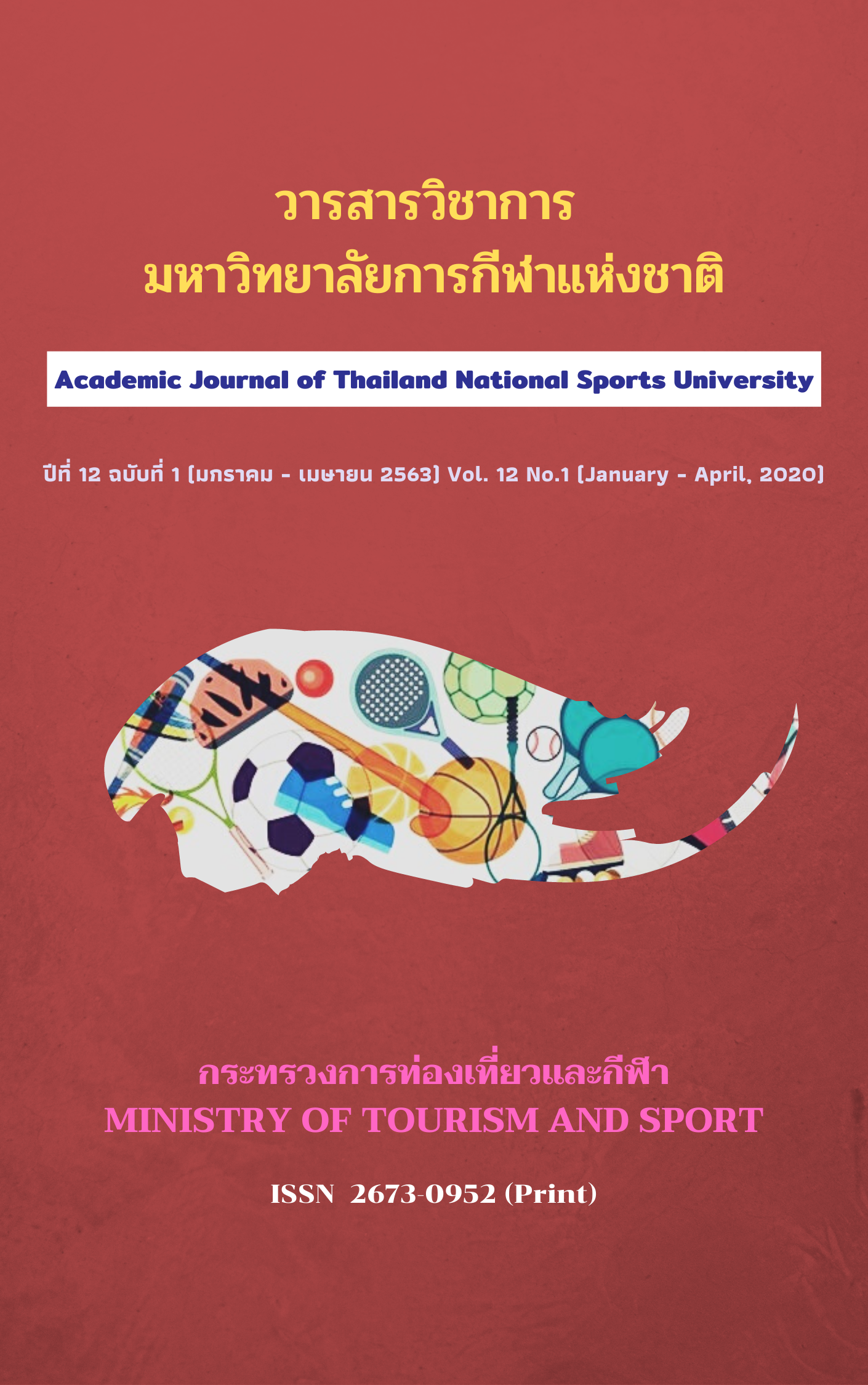THE DEVELOPMENT OF MEASUREMENT AND EVALUATION STANDARDS OF TEACHER IN PRIMARY SCHOOL
Main Article Content
Abstract
The objectives of this study were 1) to study the current knowledge regarding educational measurement and evaluation of primary school teachers in order to develop a standardized measurement and evaluation which are suitable for primary school teachers, and 2) to try out the standardized measurement and evaluation which had been developed. The samples in this study were 900 primary school teachers working in schools under the Office of the Basic Education Commission (OBEC) taken by stratified random sampling and 60 primary school teachers were taken by sample random sampling. Research tools were testing, questionnaires, interview form and quality evaluation form. The statistics used to analyze the collected data were mean, standard deviation, median and Interquartile range.
The findings were as follows: 1) The condition of measurement and evaluation of primary teachers was found that the teachers’ knowledge and understandingw were at a low level. The teachers’ attitude and practice in measurement and evaluation were at a high level. Measurement and evaluation was at a low level. Attitude and practice in measurement and evaluation were at a high level. 2) The development of the standard of measurement and evaluation of primary teachers consisted of 5 standards and 15 indicators, 3 measurement standards and 2 evaluation standards. In the other site, there were 9 indicators in measurement standard and 6 indicators in evaluation standard. The standard of measurement and evaluation were suitable at a high level with consistent opinion of experts in all items. 3) The assessment of measurement and evaluation standards was found that the utility evaluation feasibility, accuracy and suitability were at a high level.
Article Details
The published article is a copyright of the Academic Journal of Thailand National Sports University. The passage appeared in each article in this academic journal is a perspective of each author which is not related to the journal. Each author is required to be responsible for all components of his/her own article. If there are any mistakes, each author must be responsible for those mistakes on his/her own.
References
Anusorn Hongsoongnern and Sujanya Rungthale. (2005). Study of conditions and problems of measurement and evaluation in the second level according to the Basic Education Curriculum BE 2544, Nakhon Ratchasima Educational Service Area 4. Research in Research, Faculty of Education training, Nakhonratchasima Rajabhat University.
Bandita Wongwutipat. (2008). A development of standards indicators and criterias for an internal quality assurance in Nakhon Ratchasima Science Center. (Master’s thesis). Nakhon Ratchasima Rajabhat University.
Feldman J, and Mc Phee, D. (2008). The Science of Learning and the Art of Teaching. New York: Thomson Delman Learning.
Kitpakorn Sakorn, Nuntiya Noichun and Bantita Insombat. (1994). Development Model of Educational Measurement and Evaluation Competency by Using Knowledge Management Process for Small School Teachers. Social Sciences Research and Academic Journal, 15(2), 9-15.
Ministry of Education. (2009). Core Curriculum for Basic Education Act 2551. Office of the Basic Education: A Cooperative Agriculture.
Nantaphong Pankham. (2005). Assessment of the operation on the measurement and evaluation of compulsory education: According to the curriculum of basic education schools in 2544 under the Office of Educational Service Area 2. Area Roi Et. (Doctoral dissertation). Maha Sarakham University.
Nongluck Wirachai. (2008). The development of indicators to assess, in Conference Moral horizon opened. Bangkok.
Orapin Sikaew. (2008). Caisal factors affecting teachers’teaching behavior guide by education reform in Phayao Educational Servince Area 2. (Master’s thesis). Chiang Mai University.
Phaisan Wangpanich. (2002). Measurement and Evaluation of Learning. Bangkok: Srinakharinwirot University.
Pongthep Chiraro. (2011). A Development of Measurement and Evaluation Standards and Item Bank Approach Model for Teachers in Thai Secondary Schools.
Chon Buri: Faculty of Education, Burapha University.
Secretariat Office of the Teachers Council of Thailand. (2006). A guide to educational professional practice. Bangkok: Office Secretary of the Teachers Council of Thailand.
Somchai Rattanathong. (2011). Teaching Documents 475788 Physical Therapy Teaching. Retrieved December 26, 2018, from https://ams.kku.ac.th/aalearn/resource/
indexresource.htm.
Songsri Chamnankit. (2017). A study of comprehension and behaviors in measurement and evaluation under Thai qualifications framework for higher education, TQF: HEd of lecturers in Suratthani Rajabhat University. Ratchaphruek Journal, 15(2), 9-15.
Suchanya Jaiharn. (2005). A study on teachers performance in evaluation by standard Curriculum 2001 in primary schools under the Office of Ratchavuri Educational Service Area 1. (Master’s thesis). Srinakharinwirot Univercity.
Sureeporn Anusitthanan. (2011). Measurement and Evaluation in Classroom. Chon Buri: Plunkett's Good Creation.
Suwimon Wongwanich. (2007). Performance Evaluation, New Learning Assessment. Bangkok: Chulalongkorn Printing House.


